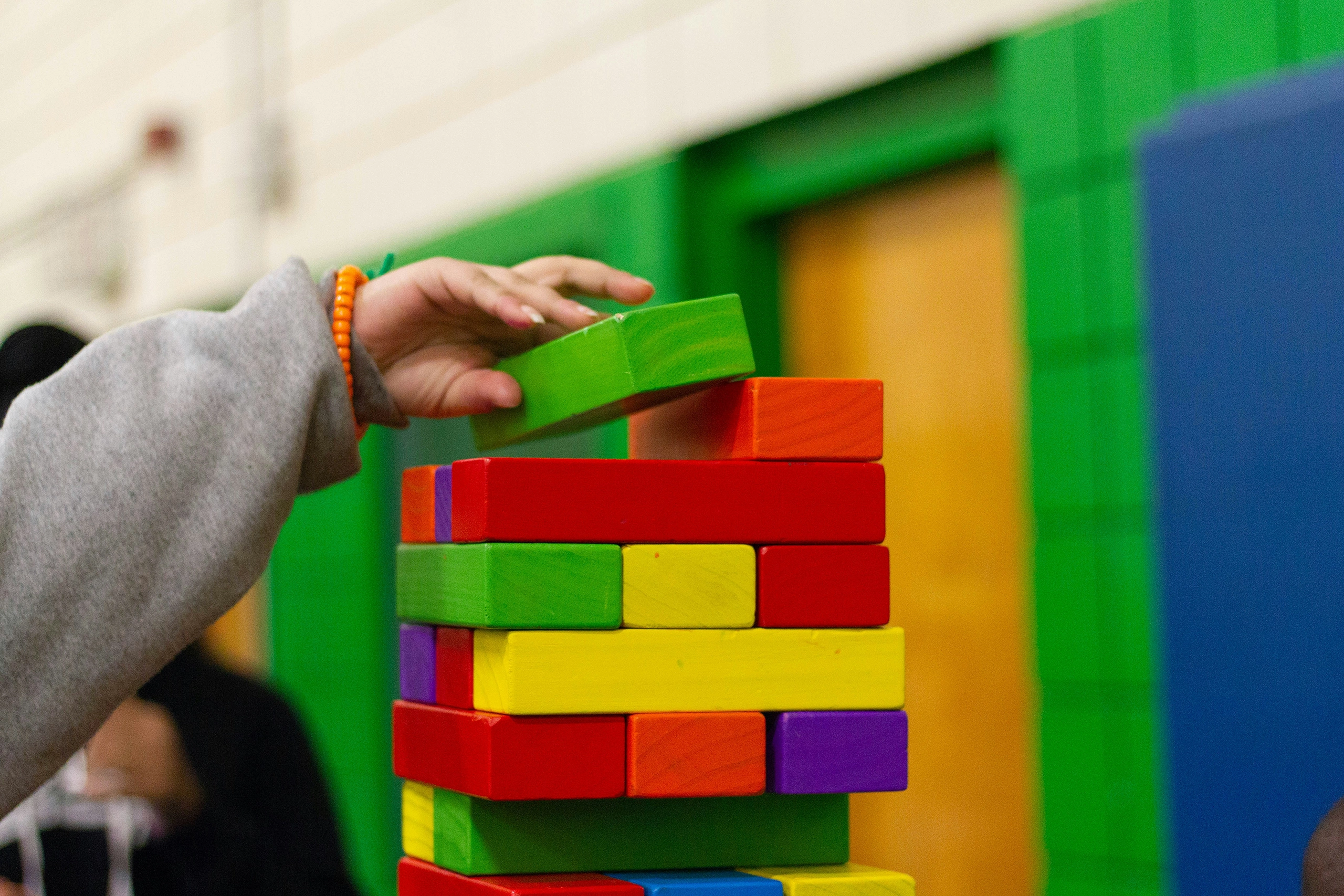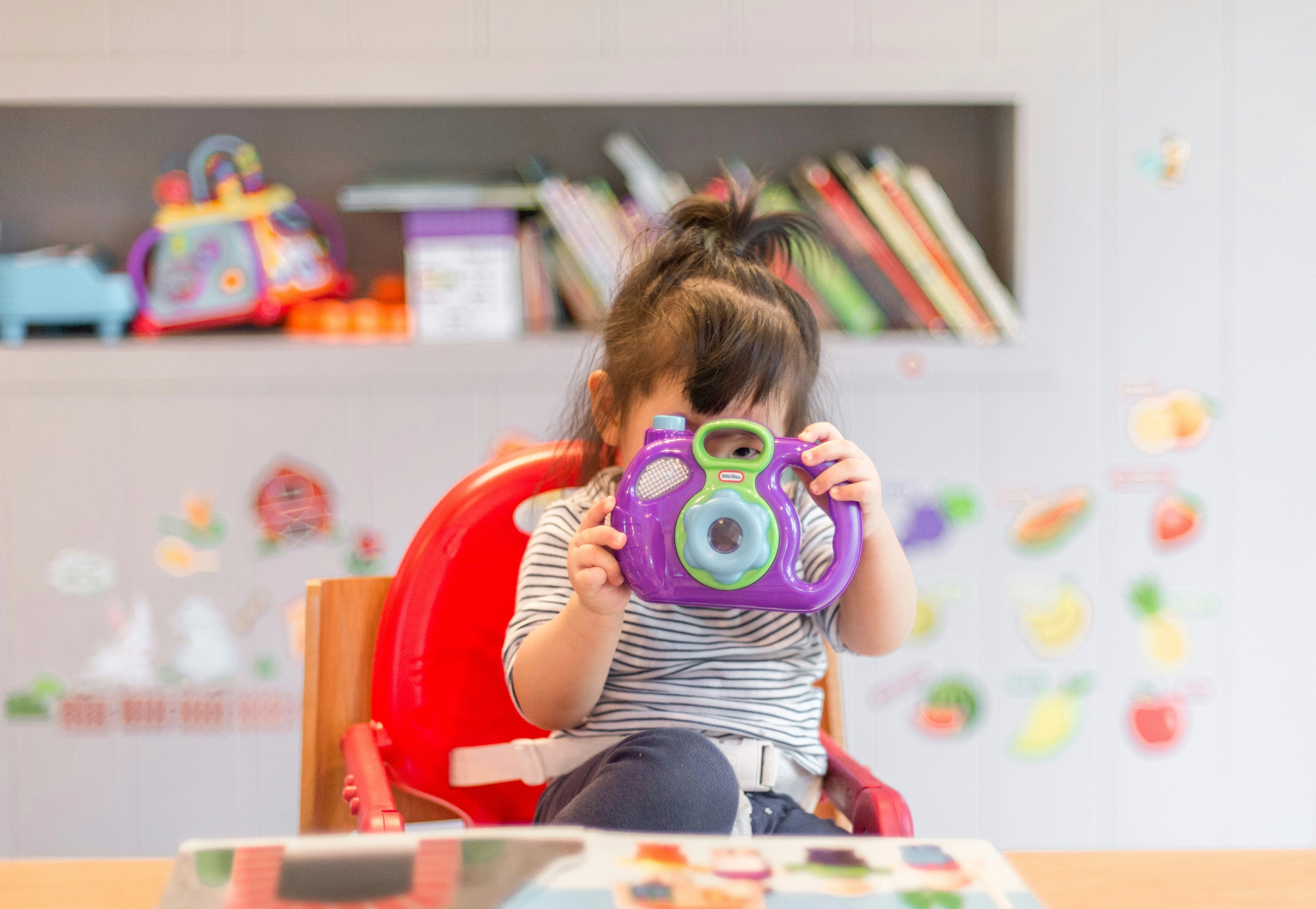Importance of Enhancing Play
Play is a fundamental aspect of childhood development, serving as a critical avenue for cognitive growth, social interaction, and emotional regulation. For individuals with Autism Spectrum Disorder (ASD), engaging in play can present unique challenges. Difficulties with imaginative play, turn-taking, and participating in leisure activities can hinder their ability to fully benefit from these experiences. However, with the right therapeutic interventions, individuals with ASD can develop the skills needed to enjoy and gain from enhancing play and leisure activities.
Cognitive Development
Through enhancing play, children explore the world around them, learn problem-solving skills, and develop their creativity. Play allows children to experiment, try new things, and learn from their experiences. For individuals with ASD, structured play sessions and targeted interventions can help them overcome barriers to imaginative and interactive play, enhancing their cognitive development. By engaging in activities that stimulate curiosity and creativity, children with ASD can build critical thinking and problem-solving skills that are essential for academic success and daily life.
Social Interaction
Play provides a natural context for social interaction, allowing children to learn important social skills such as sharing, cooperating, and negotiating. For those with ASD, play therapy can focus on these aspects, helping them to interact more effectively with peers and build meaningful relationships. Social play activities teach children how to take turns, understand social cues, and engage in reciprocal communication. These interactions are crucial for developing friendships and participating in group activities, which are integral parts of social inclusion and emotional well-being.
Emotional Regulation
Engaging in play activities can also aid in emotional regulation by providing a safe space for expressing feelings and managing stress. Therapists can guide individuals with ASD in using play to explore emotions and develop coping strategies. Through play, children can learn to identify their emotions, understand how to express them appropriately and practice self-soothing techniques. This helps reduce anxiety, frustration, and other negative emotions, contributing to a more balanced and stable emotional state.
Techniques Used by Therapists
Therapists employ various techniques to help individuals with ASD enhance their play and leisure skills. These techniques are designed to be engaging and motivating, leveraging the individual’s interests and strengths to promote skill development.

Structured Play Sessions
Performed by: BCBAs and RBTs
Description: Therapists organize enhancing play sessions with specific goals, such as sharing toys, following game rules, and taking turns. These structured sessions help individuals learn how to play appropriately and interact positively with others. For example, a therapist might use a board game to teach turn-taking or a group activity to encourage cooperative play. Structured play sessions provide clear guidelines and objectives, making it easier for children with ASD to understand what is expected of them and how to participate successfully.

Modeling and Imitation
Performed by: BCBAs and RBTsDescription: Therapists demonstrate play behaviors and encourage individuals to imitate them. This can include various types of play, such as pretend play, building activities, or interactive games. By modeling appropriate behaviors, therapists help individuals with ASD understand and practice social norms and interactions. For instance, a therapist might demonstrate how to build a structure with blocks and then encourage the child to copy the actions. Modeling and imitation help children with ASD learn through observation and practice, reinforcing positive behaviors and skills.Modeling and Imitation
Performed by: BCBAs and RBTsDescription: Therapists demonstrate play behaviors and encourage individuals to imitate them. This can include various types of play, such as pretend play, building activities, or interactive games. By modeling appropriate behaviors, therapists help individuals with ASD understand and practice social norms and interactions. For instance, a therapist might demonstrate how to build a structure with blocks and then encourage the child to copy the actions. Modeling and imitation help children with ASD learn through observation and practice, reinforcing positive behaviors and skills.

Incorporating Interests
Performed by: BCBAs and RBTs
Description: Therapists often use the individual’s specific interests to motivate and engage them in play. For example, if a child loves trains, therapists might use train sets to teach turn-taking and cooperative play. By incorporating preferred activities, therapists can make enhancing play more enjoyable and relevant, increasing the likelihood of active participation and skill acquisition. Tailoring play activities to the child’s interests not only captures their attention but also makes the learning process more meaningful and effective.

Role-Playing and Social Stories
Performed by:BCBAs and RBTsDescription: Role-playing and social stories are used to teach social skills and appropriate behaviors in a controlled and safe environment. Role-playing allows children to practice different social scenarios, such as asking a friend to play or dealing with conflicts. Social stories provide a narrative that explains social situations and appropriate responses, helping children understand what to expect and how to behave. These techniques help children with ASD prepare for real-life interactions and build confidence in their social abilities.Role-Playing and Social Stories
Performed by:BCBAs and RBTsDescription: Role-playing and social stories are used to teach social skills and appropriate behaviors in a controlled and safe environment. Role-playing allows children to practice different social scenarios, such as asking a friend to play or dealing with conflicts. Social stories provide a narrative that explains social situations and appropriate responses, helping children understand what to expect and how to behave. These techniques help children with ASD prepare for real-life interactions and build confidence in their social abilities.

Sensory Play
Performed by: Occupational Therapists (OTs) (not typically by BCBAs or RBTs)Description: Sensory play activities are designed to engage the senses and help children with ASD become more comfortable with different sensory inputs. Activities might include playing with textured materials, water play, or using sensory bins. Sensory play helps children explore their environment in a controlled and enjoyable way, improving sensory processing and integration. Occupational therapists often incorporate sensory play to address sensory sensitivities and enhance overall sensory experiences.Start Your Child’s ABA Therapy Journey Today
Our compassionate, collaborative ABA therapy empowers children and families to thrive. Together, we nurture connections, fuel progress, and embrace a brighter future through evidence-based care.
Outcomes
Enhanced play and leisure skills provide individuals with ASD opportunities for relaxation, enjoyment, and social interaction. These skills contribute significantly to cognitive and emotional development, leading to a more fulfilling life. The following outcomes highlight the benefits of improving play and leisure skills:
- Relaxation and Enjoyment: Play offers a means of relaxation and fun, which is essential for overall well-being. Individuals with ASD who develop play skills can enjoy leisure activities more fully, reducing stress and enhancing happiness. Engaging in enjoyable activities helps to improve mood and provides a break from structured learning or therapeutic tasks.
- Social Interaction: Improved play skills enable better social interactions, helping individuals with ASD build relationships and participate in group activities. These social experiences are crucial for emotional and social development. Positive social interactions foster a sense of belonging and support the development of friendships and social networks.
- Cognitive and Emotional Development: Engaging in play activities promotes cognitive growth by fostering creativity, problem-solving, and critical thinking skills. Emotional development is supported as individuals learn to express and manage their emotions through play. Play activities that challenge the mind and encourage exploration help build cognitive skills, while opportunities for emotional expression and regulation support emotional maturity.
- Increased Independence: As children with ASD develop play and leisure skills, they become more capable of engaging in independent activities. This increased independence contributes to their overall sense of autonomy and self-efficacy. Being able to initiate and sustain play activities on their own enhances their ability to occupy their time constructively and independently.
- Enhanced Quality of Life: Overall, improved play and leisure skills lead to a higher quality of life for individuals with ASD. They experience more joy, satisfaction, and fulfillment from their activities, contributing to a positive outlook and greater life satisfaction. Engaging in diverse and meaningful play activities enriches their daily experiences and promotes a holistic sense of well-being.
Conclusion
Play and leisure skills are critical areas of development for individuals with ASD. Therapists, including BCBAs, RBTs, and Occupational Therapists, enhance play vital roles in helping individuals enhance these skills. Through structured enhanced play sessions, modeling, incorporating interests, role-playing, social stories, and sensory play, individuals with ASD can achieve greater independence, improved social interactions, and better emotional regulation. By focusing on these essential areas, therapists enable individuals with ASD to lead more fulfilling and enriched lives, contributing to their overall development and well-being. Enhanced play and leisure skills not only provide opportunities for fun and relaxation but also support cognitive, social, and emotional growth, laying the foundation for a brighter and more inclusive future.

